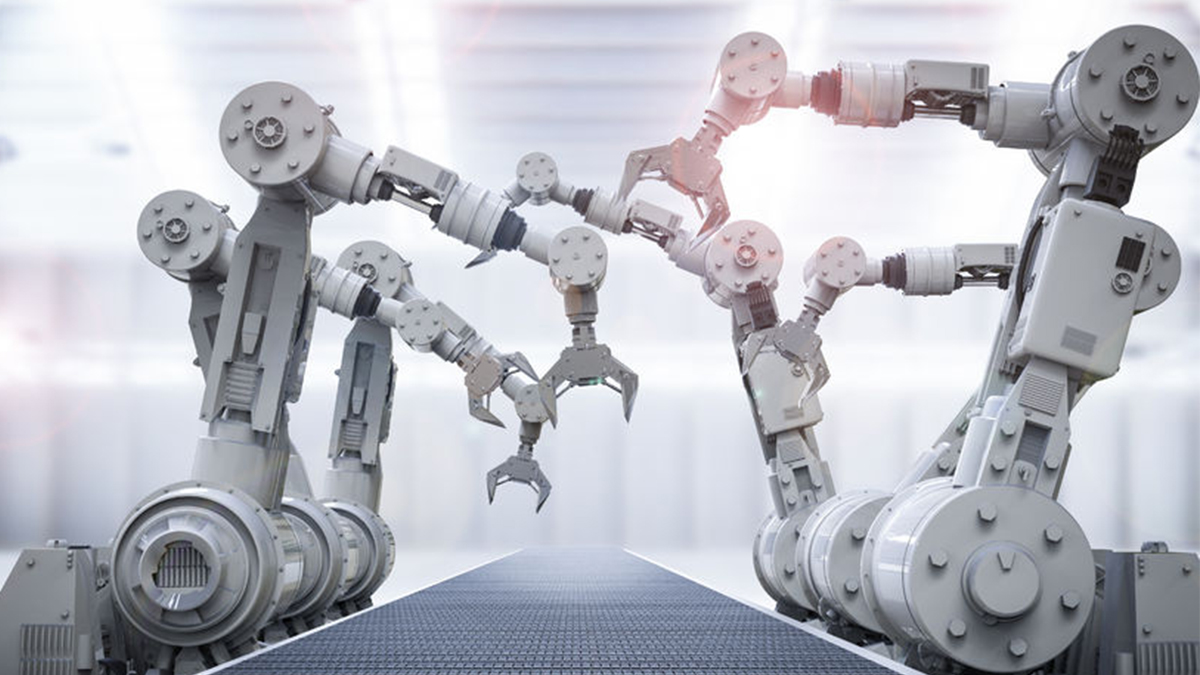Trend
The machinery industry is the development focus of all countries and indirectly becomes a symbol of national competitiveness. The world's major industrial countries with high international competitiveness, such as Germany, Japan, and the United States, have the foundation of precision machinery manufacturing technology and the development of intelligent machinery. The energy of the device. Therefore, it can support the development of its domestic automobile, aerospace, transportation, information, optoelectronics, communications, defense weapons, and energy industries.
2021-05-04 11:48:35
In the trend of industrial automation, motion control is a key part of it. Automating operations through machines can avoid a lot of human error, and can also speed up production efficiency and efficiency. How to make the machine act according to the command is the application category of machine motion control.
2021-03-25 15:39:50
The market has gradually shifted to a zero-touch economy, unmanned production, and unlimited applications in response to the challenges of the times and the epidemic.
2021-01-29 15:58:22
It is predicted that in 2021, the four major industries of Taiwan's metal electrical and mechanical industries, information electronics, chemical industry, and people's livelihood industry will all grow positively.
2021-01-13 09:59:31
Many generation industrialists gradually move towards brand thinking, and then begin to build the ability to use data analysis techniques to capture business opportunities.
2020-12-29 11:48:24
The world is poised to change forever with the implementation of fifth-generation connectivity for data networks across the world. 5G has been promised to be the savior to any connectivity problems we've had in the past and it's also been highlighted as a path towards a fully wireless future.
2020-11-03 15:48:03
As industry 4.0 technology continues to advance, existing data can be harnessed to develop machine-learning solutions that deliver real value, optimize decision making, increase flexibility, and attract top talent.
2020-10-30 10:44:26
Today we are going to learn more about "under one roof" in manufacturing. All disciplines are under one roof, which brings several advantages.
2020-10-28 13:54:54
The world has entered the era of Industry 4.0. robots assist human manufacturing, emphasizing the use of "human-machine collaboration" to move toward smart production. In recent years, the population aging problem faced by developed countries has caused the production costs of industry and manufacturing to increase year by year. Enterprises have deployed automation equipment to improve production efficiency. Various industries have also undergone tremendous changes in this intelligent wave.
2020-10-20 15:52:29
The COVID-19 caused a great catastrophe for mankind and suffered heavy losses to the global economy and politics. How to find a model that can sustain economic life and still be able to complete work and life is the biggest challenge of life at this stage. It also urges the industry to more actively move towards the development trend of smart unmanned factories, reduce clustering and contact, introduce unmanned factory technology, and improve production efficiency and control efficiency.
2020-09-14 11:20:11
Hot Topic
Agree










